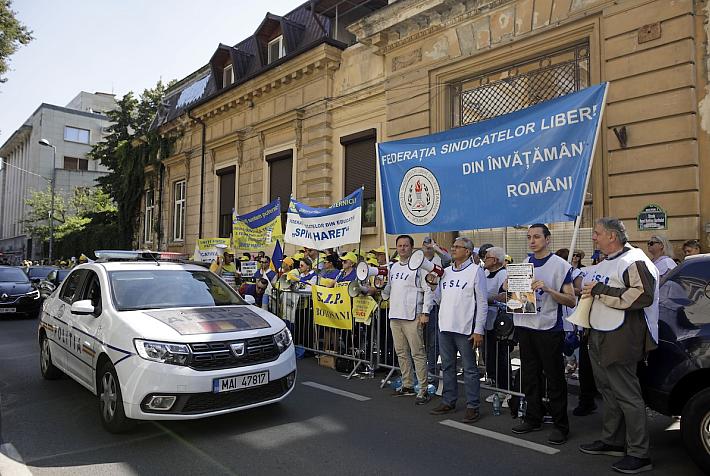Selective waste collection becomes mandatory for local authorities in Romania

Selective waste collection will become mandatory in Romania, as the Parliament recently approved a new law on waste management. The law, initiated in 2010, got 235 votes for, 69 against, and 9 abstentions in the Chamber of Deputies, which was the decision maker.
Local authorities will thus have to implement a selective waste management system for paper, plastic, metal and glass. The transport of selected waste can only be done by licenses operators, based on a contract with the local authorities. The operators will have to keep a record of quantities for each type of waste and send it to the authorities on a monthly basis. They will also keep track of abandoned waste, in case the person or firm which deposited the waste is unknown. In this case, the costs for removing the waste is covered by the local authorities.
Commentators argue that this loophole in the law will motivate citizens to abandon their waste, and not use the special containers, as the local authorities anyway will have to remove them.
The new decision mirrors EU legislation regarding selective waste collection, and ensures the local authorities provide citizens the conditions to separately collect plastic, metal, paper and glass. In Romania, such containers for selective waste already exist in certain areas of Bucharest and in other major cities, but the practice is not yet widespread.
Despite the existence of some selective waste collection bins across major Romanian cities, only 12 percent of household waste is selectively recycled. The percentage was up from 1 percent in 2009, but selective recycling is still far from gaining a foothold in the Romanian society.
Materials resulting from selective recycling are currently used by waste collection operators and some authorized companies.
But only about 6 percent of the recyclable waste in Romanian cities are selectively recycled, according to a recent study by Eco-Rom Ambalaje. There is a big difference between the quantity of waste across Romanian cities and villages, and the amount of waste which is recyclable. A Romanian city dweller generates around 346 kilograms of household waste a year, our of which only 39 percent can be recycled, while the amount is 3.5 times lower for rural Romanians – only 95 kilograms of household waste a year, out of which half can be recycled.
editor@romania-insider.com











